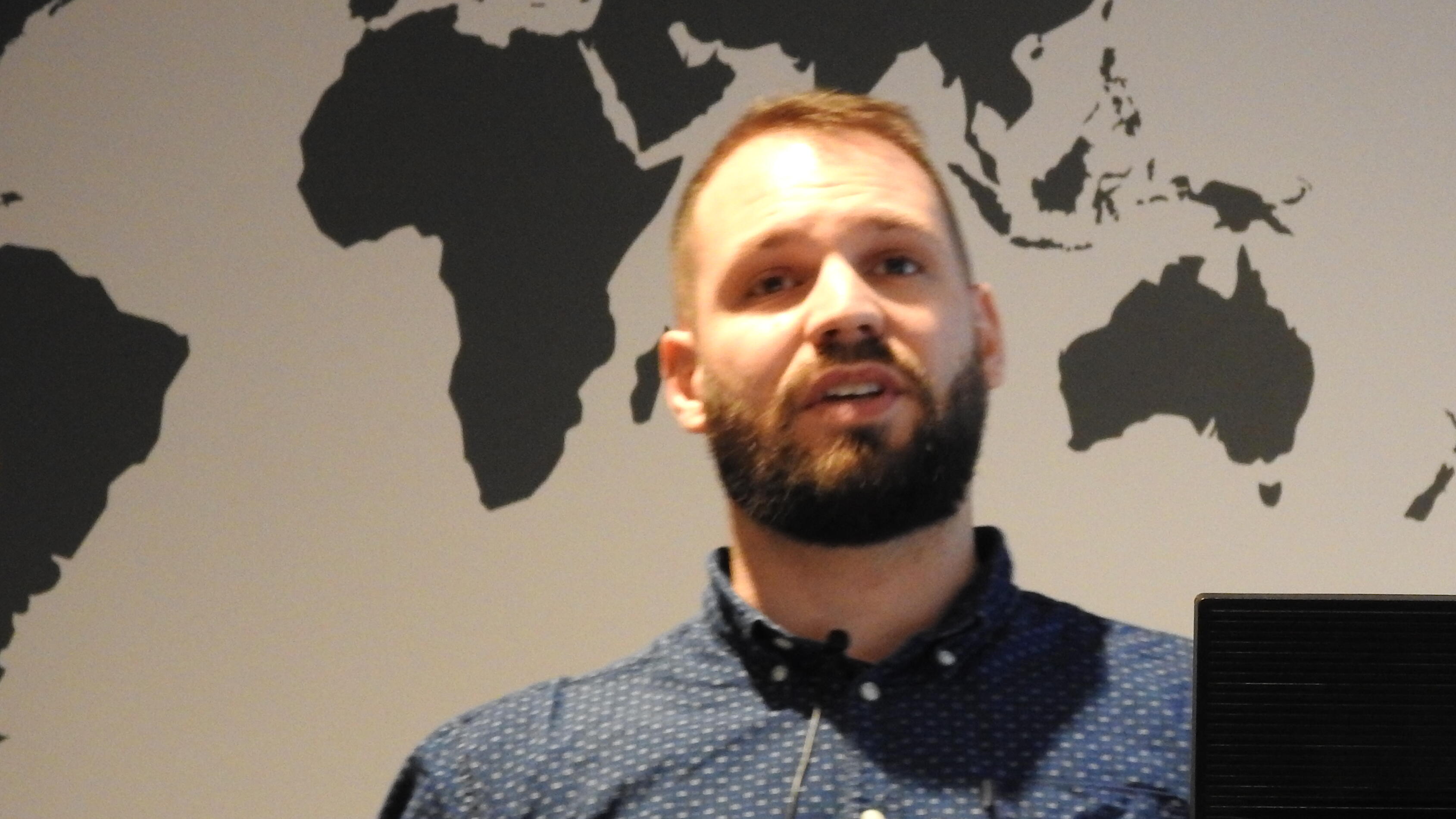
Dr. Antoine Barreaux, University of Bristol
There has been considerable interest in improving epidemiological modelling to help policy and decision making in the context of disease control and elimination. Dr. Antoine Barreaux highlights the importance of incorporating aspects of vector life history and ecology into vector control programs and disease transmission models, based on his research on malaria and human and animal African trypanosomiasis (neglected tropical diseases of concern for human health and food security across sub-Saharan Africa).
As a postdoctoral research associate at the University of Bristol, he is integrating vector biology in epidemiological models of animal and human African trypanosomiasis and developing evolutionary models of maternal investment in the vector of these diseases, the tsetse fly. It is part of a BBSRC funded project focusing on epidemiological consequences of reproductive senescence in the tsetse fly. The project involves laboratory experiments conducted at LSTM, fieldwork in Zimbabwe, and modeling work conducted between the Universities of Bristol, Oxford, and Warwick.
Dr. Antoine Barreaux has a BSc, MSc and Engineer diploma in agricultural pest control from the University of Montpellier Sup Agro, France. He has a Ph.D. in ecology and evolution of malaria mosquito immunity and vector competence from the University of Neuchâtel, Switzerland (2012-16). He carried on working on host-parasite interactions during his postdoc at Penn State University, USA (2016-19) and spent over two and a half years in Ivory Coast, West Africa. He was combining housing improvement and ecology as part of the trial of a new vector control tool for malaria, Eavetubes, funded by the Bill and Melinda Gates Foundation."